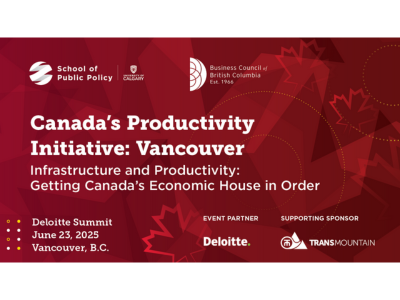The Panama Papers and the dangers of mistrust
It’s income tax season and a good time to wonder if the so-called ‘Panama Papers’ scandal will prove to be as significant as the WikiLeaks episode; the latter infamously revealed secret diplomatic cables and inner-workings of governments, while the former exposed an international network of possible tax cheats and corruption. I do believe that the Panama Papers will do more harm in the short-to-medium term because it goes straight to the issue of trust in our government institutions, and it threatens to revive tensions between economic classes – the kind of tension and mistrust that has infected the current U.S. Presidential nominations and given rise to the anti-establishment insurgencies of Donald Trump and Bernie Sanders.
To recap, some 11.5 million files were taken from the Panama-based law firm Mossack Fonseca, allegedly the world’s fourth biggest provider of offshore services which created more than 214,000 shell companies, trusts and foundations in international “tax havens” for wealthy individuals around the globe. As most news stories point out, it is not illegal to create an anonymous company in a tax haven.
But it is becoming clear that many of the globe’s rich and famous are very nervous about the steady output of news about these secret accounts. The International Consortium of Investigative Journalists – the entity which received the leaked documents – has revealed that several crusaders for fiscal transparency have demonstrated exquisite levels of hypocrisy by being outed as clients of the now notorious firm – including the Head of Chile’s branch of Transparency International and the Prime Minister of Iceland, both now resigned from their functions.
The issue that threatens “peace, order and good government” in Canada and around the world is more “proof” that the financial system is rigged against the middle class and there is not much we can do to fight back.
Let’s look at our own country. According to Finance Canada, individual income taxes represent 49 per cent of all the government’s revenues. (In case you’re interested, corporate taxes represented 13 per cent of federal revenues.) Stats Canada data show that middle-income earners – people making between $30,000 and $70,000 – pay half of all the income tax collected in Canada. People making $30K to $100,000 pay two-thirds of all income tax.
The reader might point out that by definition there are more of these people so they will account for more of the taxes paid, right? Sort of, but a 2011 study by Canada Business magazine showed that people earning between $50K and $100K get the worse deal: They represented 20 per cent of filers, made 34 per cent of total income but paid 36 per cent of the taxes. In other words, they make enough to pay all their taxes, but not enough to hire lawyers to set up shell companies in foreign tax havens!
What can be done about it? That is not an easy question to answer. Many economists argue that we could increase the consumption tax and lower personal and corporate income taxes; that combination would be the most efficient way to encourage economic growth by promoting entrepreneurship and investment.
In addition to that, I would like to see the tax act radically altered. Personally, I have always disliked the boutique tax credits that former Prime Minister Harper was known to favour, targeting, say, green-eyed, left-handed carpenters of Scottish-Japanese ancestry in order to get their vote. It might be time for the CRA to do what the American IRS did in the 1980s, which was to create an “E-Z” tax return form of two pages. The CRA could create four or five new, lower brackets (to ensure progressivity) and eliminate hundreds of loopholes and boutique tax credits.
We must do something to simplify the tax system because the real issues at stake are the meaning of citizenship and the level of trust in one’s basic institutions. Citizenship entails a few fundamental responsibilities such as voting and paying taxes to support the State’s functions. When the vast majority of citizens can no longer understand the tax system, it’s a problem. And when a few rich people can laugh at the middle-class suckers paying taxes, then we are laying the groundwork for more resentment, mistrust and cynicism, which is a bigger problem.
The Trudeau government’s announcement of hiring 100 new auditors to catch tax cheats is fine; but let’s also create the conditions where well-off Canadians don’t bother hiring Panamanian law firms to escape their basic civic responsibilities by simplifying the tax system.


